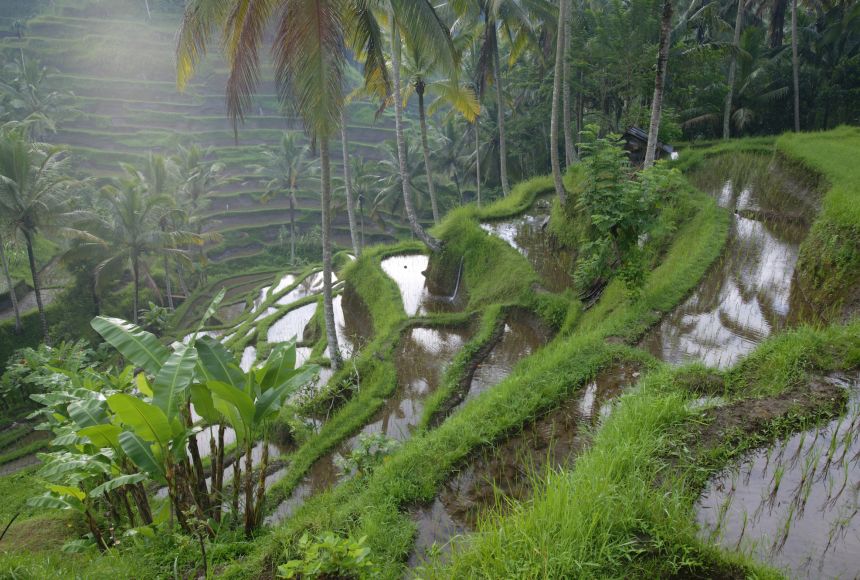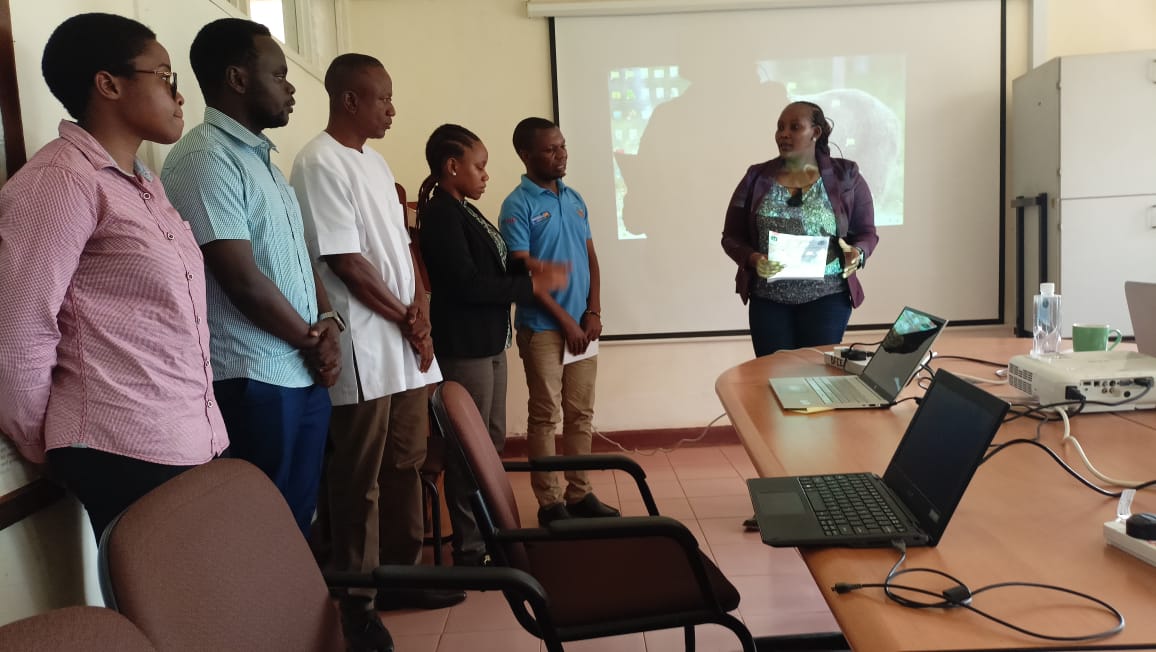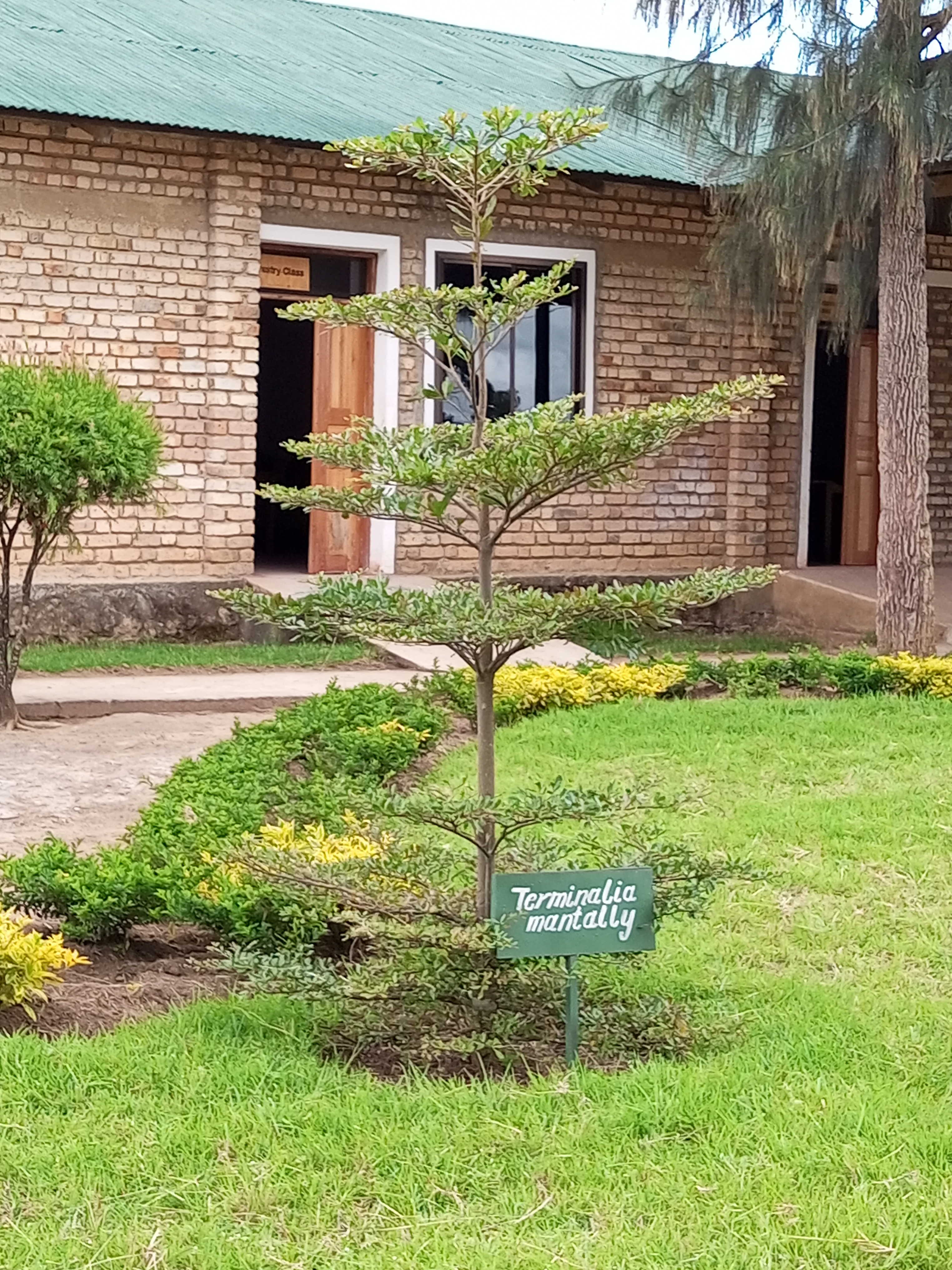Trade in agricultural commodities has been linked with deforestation in tropical regions across the globe. But what’s driving the biggest losses, and what can we do about it?
The Trade, Development and the Environment Hub (TRADE Hub) project works to tease out this complex picture, and guide effective action to make trade in agriculture and wildlife more sustainable through research on supply chains, social and environmental impacts; future scenario modelling; and recommendations for the public and private sectors. Its research activities are conducted by 50 organisations based in 15 countries, and it has research sites in nine countries, including Indonesia, where it focuses on the palm oil, coffee, and wildlife trades.
The hub’s research has found that international demand for agricultural commodities is driving 35% of deforestation, “and that’s a very interesting data because it means that the rest is domestic demands, though this varies enormously in terms of the commodity, the country, and the locality,” said Fabiana Spinelli, TRADE Hub Synthesis and Data Officer at the UN Environment Programme World Conservation Monitoring Centre (UNEP WCMC).
She made the remarks during a TRADE Hub-led regional stakeholders’ consultation on nature-positive trade for sustainable agriculture supply chains and inclusive development in Asia, which was held in Jakarta, Indonesia, from 26-27 September 2023.
As part of the consultation, the TRADE Hub presented a global roadmap to just and sustainable trade in agricultural commodities and wildlife, and a national roadmap to a just and sustainable palm oil trade. The two-day event brought together diverse stakeholders, including representatives from governments, the private sector, policymakers, civil society, research, and financial institutions.
Participants explored and offered recommendations for actionable solutions, promoting a shift towards sustainable and inclusive nature-positive trade that aids countries in achieving several objectives. These include establishing sustainable supply chains for agricultural commodities, ensuring market access for all stakeholders in line with regional trade agreements and global environmental accords, and preparing for evolving market regulations such as the EU deforestation-free products regulation (EUDR).
Click Here for more




